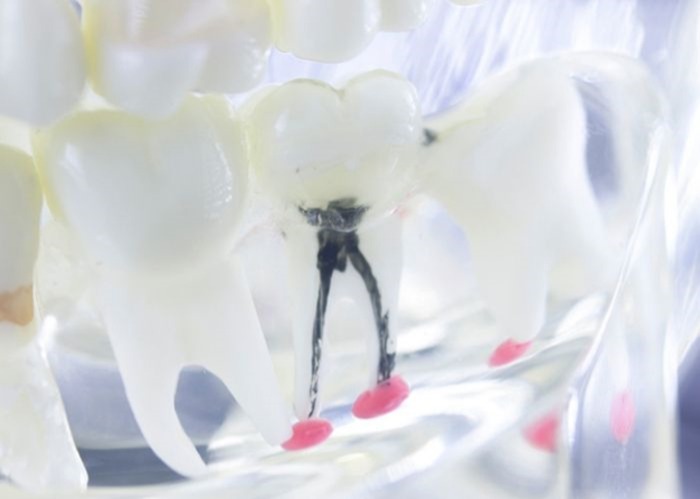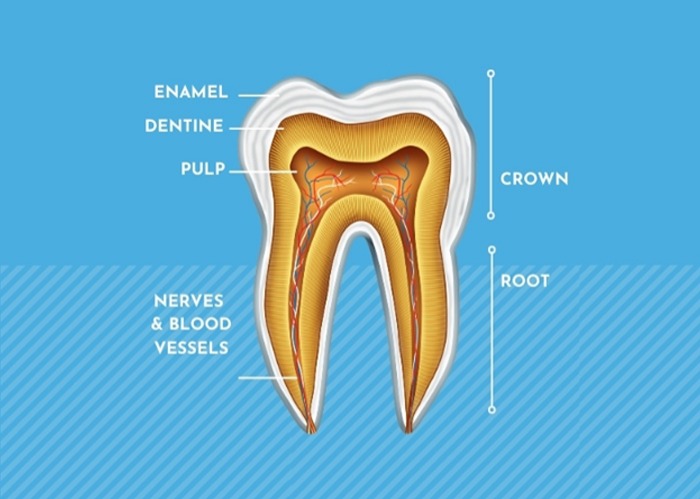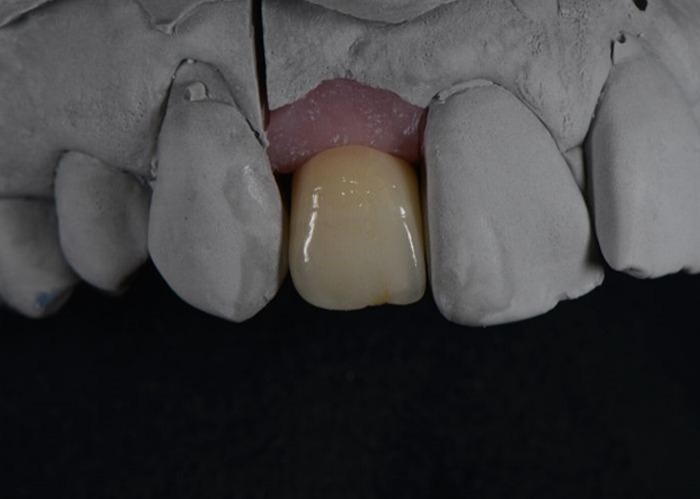Root canal therapy saves a natural tooth that becomes infected with bacteria in the root of the tooth. An infection can produce no symptoms or cause severe pain and swelling that ends in a dental emergency.
Each year more than 25 million root canal treatments save patients’ teeth from extraction.
To learn more about root canal therapy or book your appointment, call us on (08) 9227 8777 or book an appointment online.
Book Online
Your teeth should last your lifetime, however severe decay or dental trauma, if not treated properly, can risk the longevity of your teeth. Inside the tooth and its roots is dental pulp, which is a soft tissue made up of nerves and blood vessels.

Some teeth that need root canal therapy cause no symptoms. Your dentist can detect some infected teeth when examining your mouth and x-rays. Most teeth that need a root canal demonstrate one or more of the following symptoms:

Modern root canal therapy makes the procedure quicker and easier than most people expect and involves the following steps:
Got a question? Call our friendly team today.
Book Online
When a tooth needs a root canal, the only alternative dental treatment is to have the tooth removed.
Root canal therapy cannot save all teeth from extraction. Fortunately, dental implants can offer an excellent solution to replace an extracted tooth.

We offer several sedation options to ensure you remain comfortable and at ease during treatment.

Risks to be aware of with root canal treatment:
When treatment is performed by an experienced dentist, and proper post-treatment care is taken, risks are reduced.
Contact us.jpg)
We’d like to welcome you to Mount Lawley Dental with our no-gap* new patient offer (valued at $516).
View OfferPain, swelling, and temperature sensitivity are strong indicators of needing a root canal. Another common sign is discolouration. This is quite common on front teeth that have received trauma while taking part in sports.
It is important to remember that you can have an infected tooth without any signs or symptoms. This makes regular dental check-ups important. To schedule a consultation, contact us today.
Most root canals are performed to relieve a toothache. So, while the infection may be painful, the treatment aims to remove the cause of pain. Modern root canal techniques and anaesthetics make treatment very much like a traditional dental filling procedure. While your tooth may be sore for a few days following treatment, you’ll be removing the infection that threatens to damage the tooth beyond repair.
Endodontic treatment involves treating teeth with a diseased dental pulp, such as a dental abscess. The infected soft tissue is removed from inside the tooth and replaced with a root canal filling that seals the tooth from future infection.